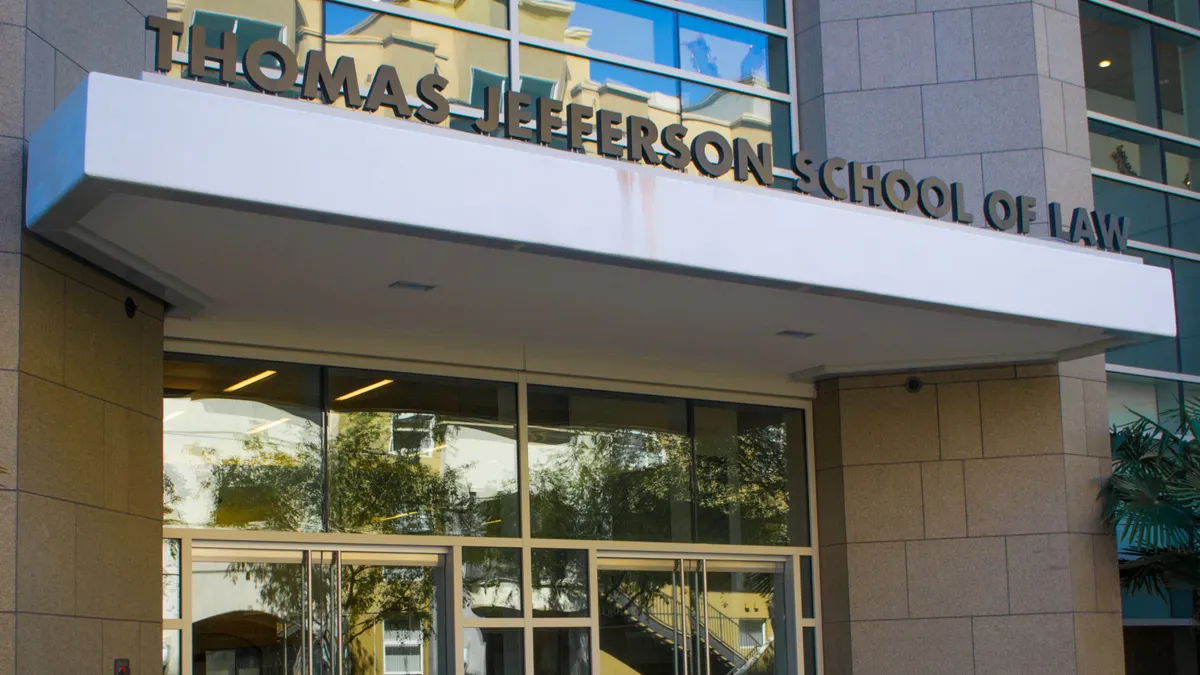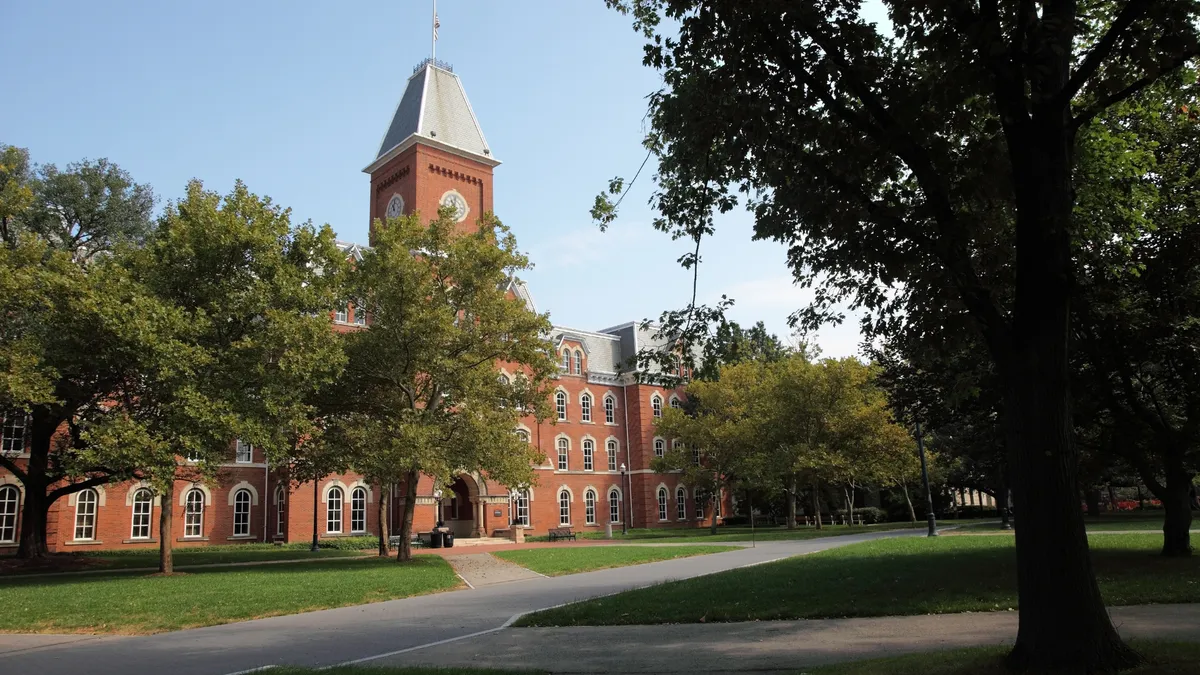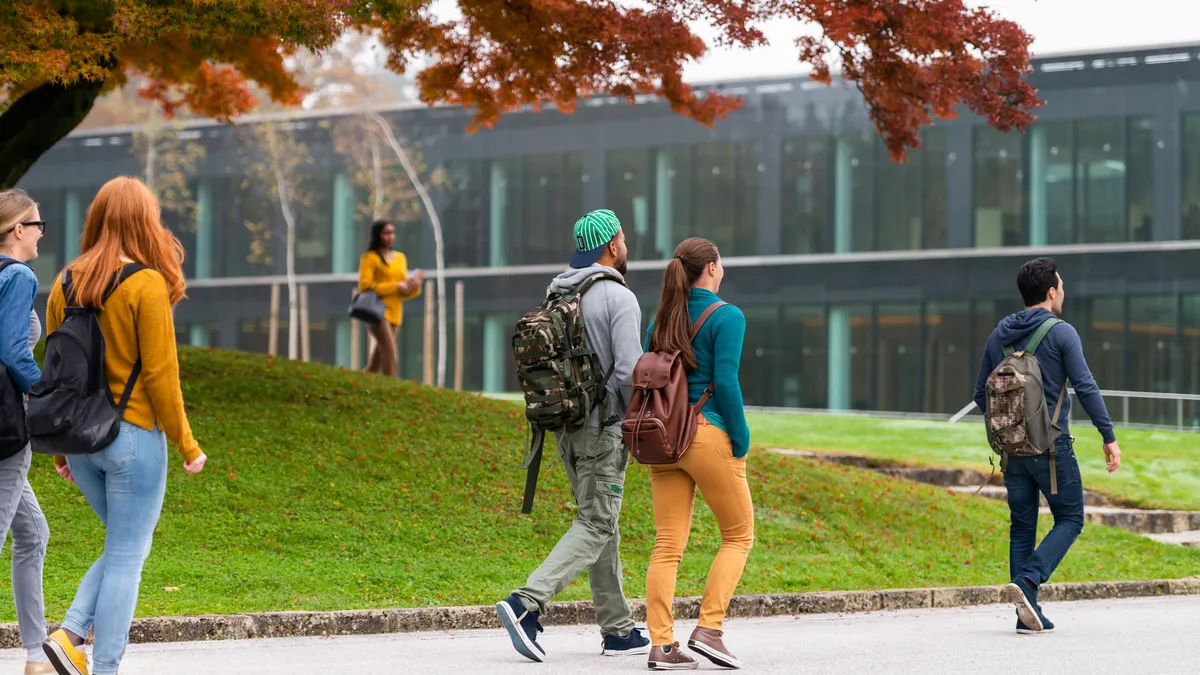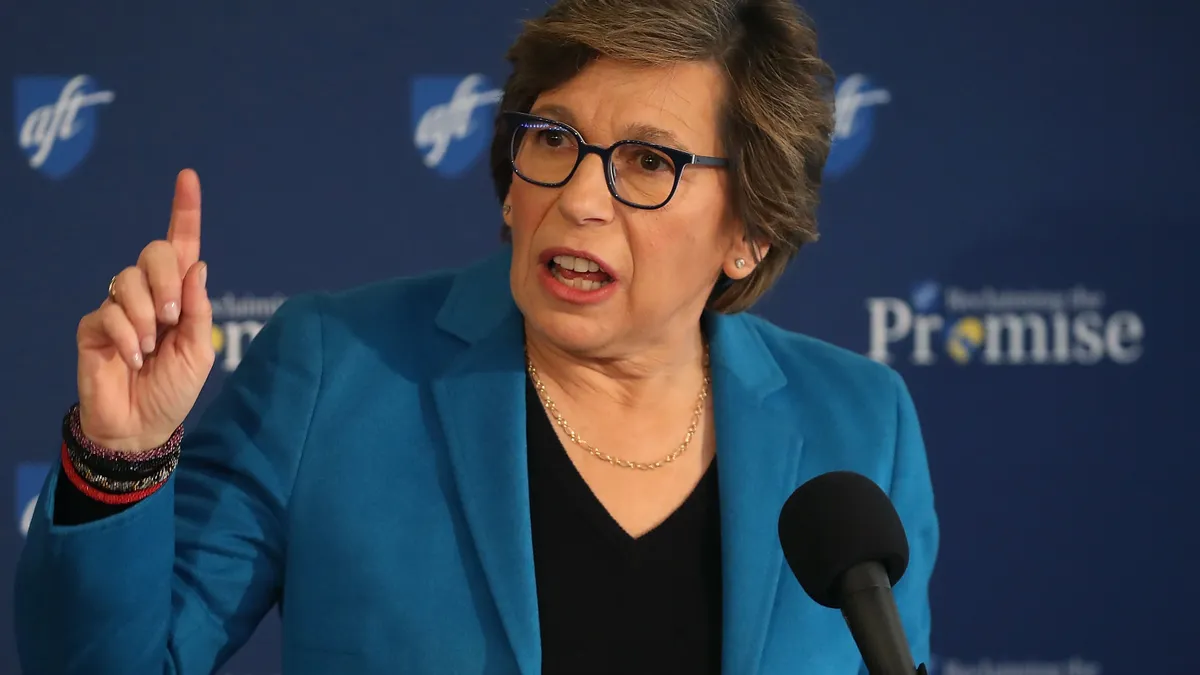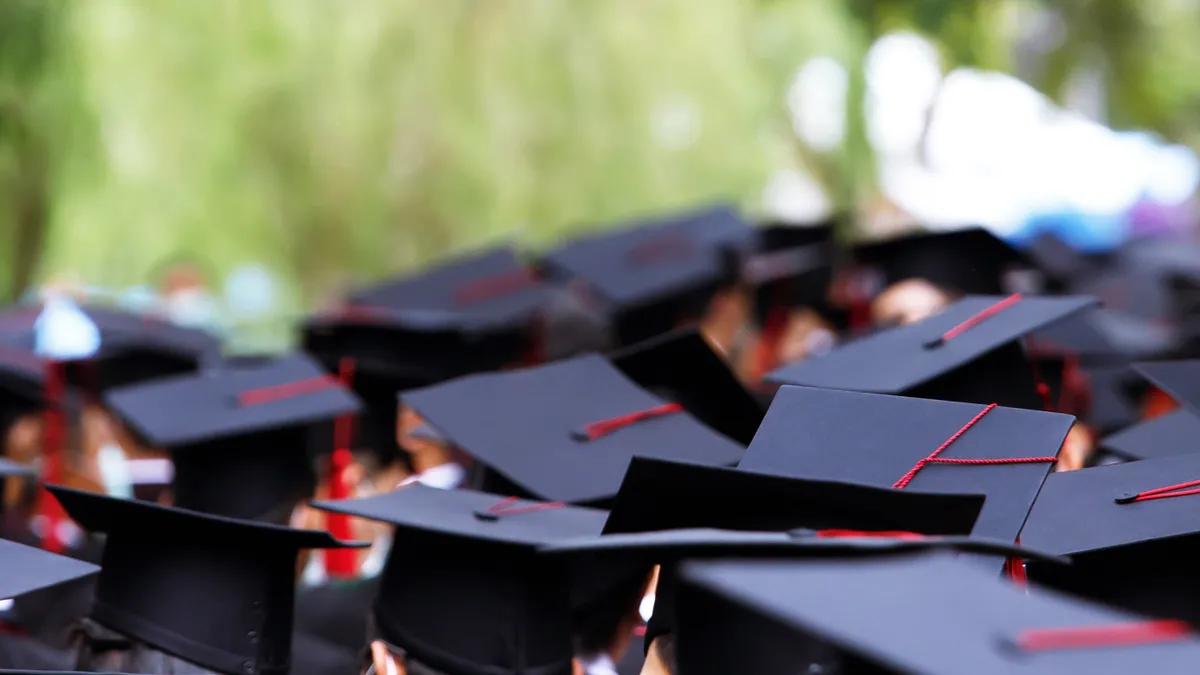Last week, the American Bar Association (ABA) pulled its accreditation of the Thomas Jefferson School of Law, making the California-based institution the latest casualty of a market environment in which low demand has led some cash-strapped colleges to scrape the bottom of the barrel to boost enrollment.
In a memo posted online, the association's accreditation arm cited the law school's inadequate financial resources, and as a result, its inability to maintain quality standards, as the basis for its decision. Thomas Jefferson was placed on probation for the same reasons in November 2017. The school will retain its accreditation while it contests the decision.
Over the last few years, at least a half dozen once ABA-accredited law schools have shut down or been disaccredited. In most cases, the decision was due to a mix of financial troubles, woeful admission standards, poor graduation rates and even worse pass rates on bar exams.
And more schools could close as a result of tighter rules governing bar exam pass rates, which didn't affect Thomas Jefferson.
On May 17, the ABA's accreditation arm approved a change to its bar passage standard for the 200 law schools it accredits. It now requires 75% of a law school's graduates who sit for the exam to pass it within two years. The change, which was twice rejected since 2017, takes effect immediately, though schools have at least two years to comply.
Prior to this, schools had to meet the 75% benchmark in five years, or post a first-time pass rate within 15% of their state's average. Now, schools also must report pass rate data on all graduates, up from 70% of graduates previously.
Quality concerns
A significant drop in law school applications following the recession precipitated this situation. While around 95,800 people applied to law school for the 2004-05 academic year, that number dropped to about 55,700 by 2013-14, according to data from advocacy group Law School Transparency.
To keep afloat, some schools took to admitting a larger share of applicants. In 2004-05, 59% of law school applicants were admitted, while in 2013-14, nearly 80% were, according to Law School Transparency data.
"This means a whole lot of people got in during the 2013-14 period who wouldn't have around 2005," said Brian Tamanaha, a law professor at Washington University in St. Louis and author of the book "Failing Law Schools," which discusses the quality concerns plaguing these institutions and their potential effects. "The lower-down schools had to dig deeper into the applicant pool to admit those who 10 years ago wouldn't ever have been admitted."
As a consequence, graduation and bar exam pass rates, as well as the numbers of students getting legal jobs, also declined sharply.
Legal observers like Tamanaha and Kyle McEntee, an attorney and executive director of Law School Transparency, which formed to highlight these issues and to pressure the ABA to change standards, blame law schools that they say weren't clear with students about their bar pass rates and the job market, as well as the ABA for allowing them to get away with it.
In the last few years, pressure from the public and legal professionals, concerned in part over students' debt spiral, have spurred the ABA to raise its benchmarks.
"What we found was that law schools were engaging in deceptive practices. We said (to the schools), 'You shouldn't be doing this,' ... and we said to the ABA, 'You need to better regulate these schools,'" McEntee said.
The ABA dismisses criticism of its methods. When asked why it took so long for the association's accrediting council to tighten standards, Barry Currier, managing director of accreditation and legal education at ABA, told Education Dive that the problems at law colleges are new, and that the ABA’s standards still hold good.
"The standard that says 'admit students who can pass the bar' remains unchanged," Currier said. "Standards haven't changed much at all. As the market has evolved, the ability of schools to be successful has changed a bit." He blames the post-recession dip in the market, which correlated with a drop in applications.
Is improvement ahead?
To be sure, applications are on the rise again, in part because law schools have begun to accept GRE scores, and school leaders are confident in the quality of their incoming classes.
However, the strength of the job market for lawyers remains uncertain. In response, many law schools are adding non-Juris Doctor programs to address the variety of applications for legal education across industries. Others are expanding their programs online to reach markets underserved by law schools.
The latest change to ABA rules could trigger the closure of more poor-performing schools and programs. Analysts with ratings agency Moody's Investors Service believe a shakeout will occur.
"These schools will need within the next two years to either improve their admission requirements, which is likely to lower their enrollment, or to invest more in programs and instructors to improve their pass rates, which would increase their cost of operations and reduce their cash flows," Moody's analysts wrote in a report released after the standard change.
"Standards haven't changed much at all. As the market has evolved, the ability of schools to be successful has changed a bit."

Barry Currier
Managing director, American Bar Association
Thomas Jefferson said in a statement posted online that it "strongly disagrees" with what it calls a "capricious" decision by the council. It highlights steps it has taken in response to the council's concerns, saying it has "fundamentally changed" into a "smaller, stronger school."
That includes eliminating $42 million in debt, moving to a more affordable location, and being relieved of the need to post a $3.1 million letter of credit with the Education Department. The school also improved LSAT scores of new students and has entered into "an integrated agreement" with a bar exam preparation company.
Moody's report notes that standalone colleges, like Thomas Jefferson, are more at risk because they depend greatly on tuition and don't have the support of a larger university.
Law schools that will weather the storm will need to increase academic support and add additional classes to help prepare students for the bar, said the ABA's Currier. They will also need to be more transparent with students about graduation outcomes, he said.



